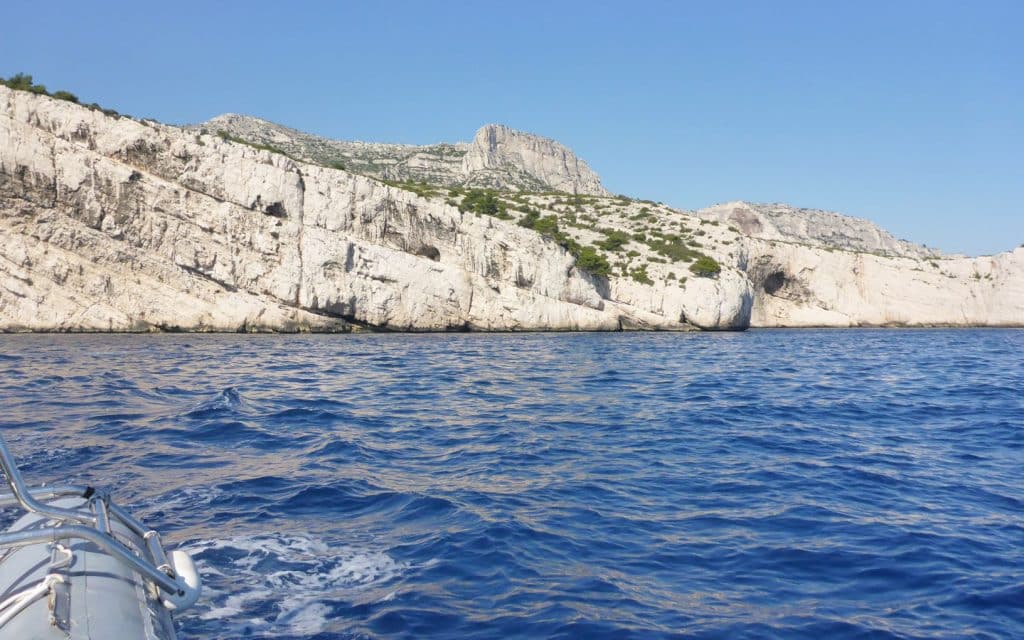Evolution of carbonate systems
This theme includes the study of the relationships of carbonate sedimentary systems with palaeoclimatic and geodynamic evolutions on a global scale, the reconstruction of architectures and palaeoenvironments on a platform scale, and the understanding of the evolution of the properties of reservoir rocks since their deposition, taking into account diagenesis and karstogenesis
It is based on a geological approach to these systems (sedimentology, stratigraphy, palaeontology, mineralogy), supported by physical measurements, geochemical analyses (including stable isotopes and radiochronology) and modelling.
Visit the Chair on Carbonates.
A flagship project is the "global carbonate factories" project, which aims to link the characteristics of carbonate systems ("carbonate factories") to local conditions (e.g. temperature, salinity, productivity) and to the global evolution of climate, ocean circulation and ecosystems (e.g. types of building organisms). This synthesis work is based on a review of existing databases and publications (thousands...).
The study of specific cases is being pursued on the less well known systems. In addition, the case of the Urgonian platform of Provence remains an important project for understanding the evolution of a model system from its deposition to its current state. Absolute dating of mineral phases (joint AMU-Total laboratory project for U/Pb dating by laser ablation) will make it possible to precisely link the diagenetic history with emersion and burial episodes and the geodynamic context.


